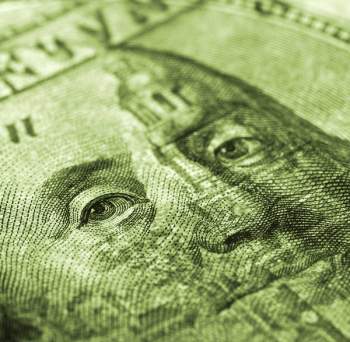
Guide to the Invisible Hand

Must Read
What is the Invisible hand?
The invisible hand is a term in economics that describes the self-regulating nature of the marketplace. Invisible hand is a metaphor used to describe the forces of self-interest, supply and demand and competition, which all so greatly influence the marketplace. Originally developed by the economist Adam Smith in the groundbreaking work titled The Theory of Moral Sentiments, the invisible hand concept is typically generalized beyond Smith’s original issue of domestic versus foreign trade.
What does the Invisible Hand theory predict?
The Theory of the Invisible Hand postulates that if each consumer is free to choose what to buy and each produces is permitted to choose what to sell and how to produce it, the marketplace will settle on a product distribution and prices that are more beneficial to the individual members of a community and hence to the community as a whole. The reason for this conclusion is that self-interest drives individual consumers towards what benefits them directly.
As a result, efficient methods of production are then adopted to maximize the producer’s profits and low prices are offered to maximize revenue through increased market share—by charging lower prices the producer is able to undercut his or her competitors. In turn, investors will invest in such industries that offer urgent returns and will subsequently withdraw capital from less efficient marketplaces to spawn value. All of these effects, according to the invisible hand theory, will take place automatically and in a vigorous nature.
What is the meaning of the Metaphor?
Smith used the metaphor of an invisible hand to attack the government regulation of markets; in general, the term “invisible hand” is applied to any individual action that has an unplanned or unintended consequence, more specifically those actions that arise out of self-thought and not orchestrated by a central order.
Smith’s proposal of the invisible hand theory was combated and argued by a number of economists and philosophers; however, a number of these attacks were taken out of context, for Smith’s invisible hand theory merely stated that in a free market, people will usually tend to produce goods that are desired by the community or marketplace.
Moreover, a free market will provide numerous opportunities for maximizing an individual’s profit at the expense of others. The tobacco industry is often brought up as an example to further explain the invisible hand theory. The sale of cigarettes, for instance, yields a large profit, but the industry’s pundits will deny that the social benefits can possibly outbalance the social costs of the good.



















